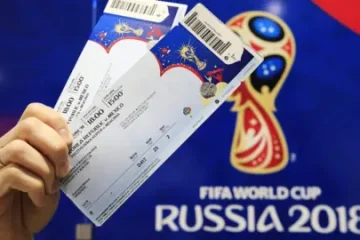Highlights of the Women’s Euro Medal Ceremony 2023

Introduction
The Women’s Euro Medal Ceremony held on July 31, 2023, in Wembley Stadium marked a significant occasion in women’s football, celebrating the remarkable achievements of European nations in the tournament. This event not only showcased the pinnacle of female football talent but also highlighted the growing recognition and support for women’s sports on a global scale.
Main Events of the Ceremony
The ceremony unfolded after a thrilling final match, where England triumphed against their rivals with a stunning performance, securing their first Women’s Euro title. The atmosphere was electric as thousands of fans cheered for their teams. The ceremony commenced with a parade of players, leading to the emotional handing out of medals to all participating teams. Each player was recognised for their hard work and dedication throughout the tournament.
The bronze medals were awarded to Sweden, who impressed throughout the competition, narrowly missing out on a spot in the final. The presenters, including celebrated athletes and football legends, expressed pride in the accomplishments of all teams, stressing how each player has contributed to the growth of women’s football.
The silver medals were awarded to the Dutch team, who fought valiantly against England in a closely contested final. The presentation culminated in the crowning of England as champions, with captain Leah Williamson lifting the coveted trophy amidst exuberant celebrations from players and fans alike. The ceremony concluded with a poignant speech from UEFA President Aleksander Čeferin, who remarked on the significance of the tournament in promoting gender equality in sports.
Significance for Women’s Sports
This year’s Women’s Euro Medal Ceremony was not just about celebrating the winners; it symbolised the ongoing progress in women’s football. Over recent years, women’s sports have gained unprecedented visibility and investment, resulting in increased popularity and media coverage. Events like the Euro 2023 play a vital role in inspiring the next generation of female athletes and addressing the disparities in funding and recognition compared to their male counterparts.
Conclusion
The 2023 Women’s Euro Medal Ceremony served as a landmark moment in the history of women’s football, uniting fans and players across Europe in celebration of athletic prowess and perseverance. As women’s football continues to evolve, such ceremonies will remain crucial in shaping future generations, promoting inclusivity in sports, and inspiring young girls to pursue their dreams in athletics. Looking ahead, stakeholders and fans alike hope for further advancements and even greater support for women’s sports on a global stage.









